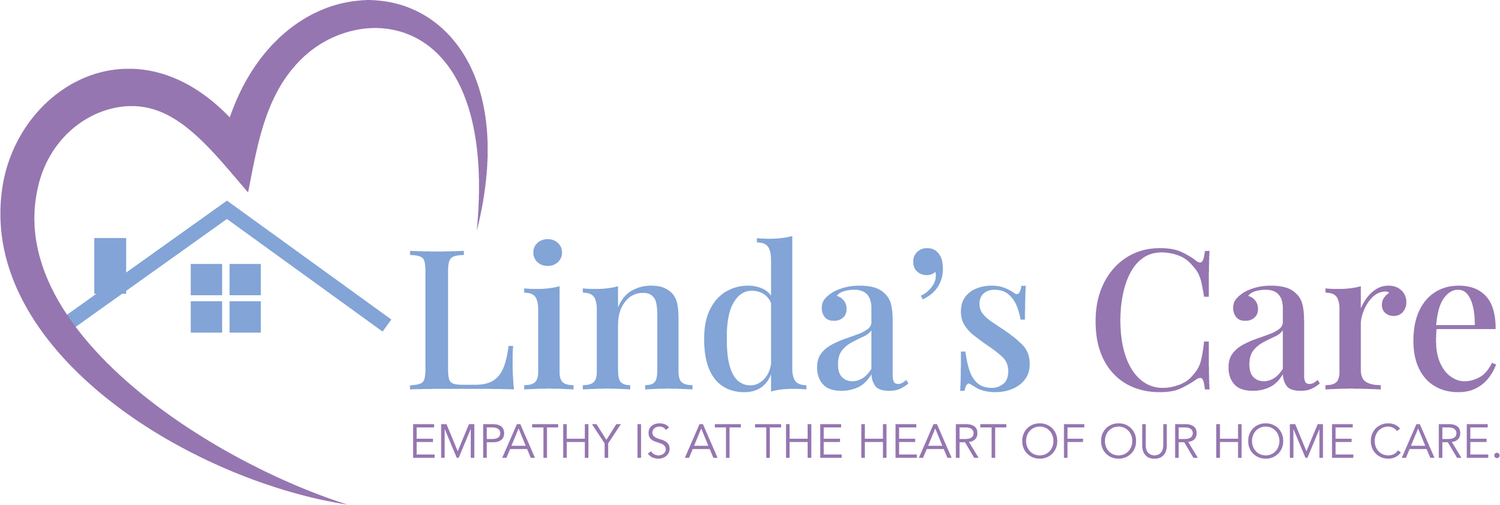Caregiver Best Practices For Overweight And Obese Clients In Home Care
Caregiver Best Practices For Overweight And Obese Clients In Home Care
Safety, for both caregiver and client, is the top priority in all home care situations. Maintaining respect for the dignity of everyone involved is a close second. These two priorities are highly evident in caring for clients who are overweight or obese. This kind of care is called Bariatric Care.
Though bariatric care may be more specialized than standard caregiving, it should always be carried out with the same attitude of empathy and genuine concern for the client’s well-being. At Linda’s Care, we believe in preparing our employees to provide exceptional non-medical home care in a variety of settings. Through comprehensive training, caregivers can become highly competent in caring for a bariatric population.
We offer special training for caregivers working in a bariatric care environment to highlight best practices. We’ll share a few of these in this article.
Avoid Injury in Bariatric Care with Proper Body Mechanics
Body mechanics are the way we move and position ourselves for any physical tasks. In-home care in general, but especially in bariatric care, proper body mechanics will prevent both caregivers and clients from sustaining injuries. The key to proper body mechanics is thinking. Most of us perform thousands of physical tasks every day without thinking about how to accomplish them. In this specialized care, pausing to think before physical action is key.
We must stop and think first because home care requires using our muscles in specific ways. When we fail to think, we don’t just hurt ourselves, but we can cause harm to clients as well. Let’s avoid that by stopping to think:
Give yourself enough room to plant your feet where they have stability
Bend at the hips and knees to avoid strain on your back or neck
Communicate clearly with the client so that they work with your movements and not against
Wear your own supportive braces for back, legs, or wrists when applicable
Proper body mechanics are supported by proper equipment. Make sure you are always wearing closed-heel, closed-toe, and rubber-soled shoes. Work with whatever equipment is available to you in the course of care if you are properly trained on its use. Finally, check your work area to make sure that it is completely free of obstacles that could cause a hazard while you are doing the physical work of bariatric home care. Linda’s Care employees always work in pairs for bariatric care in order to further prevent injury and help each other remember proper body mechanics.
Practice Empathy and Respect to Make Meaningful Connections
Caregiving is far easier, and often enjoyable, when there is a good relationship between the caregiver and the client. Even when caring for a family member, it’s important for the caregiver to look for client-centered ways to connect and build relationships. Clients who feel valued and like their caregiver really wants to get to know them often maintain better long-term health outcomes.
That connection begins with empathy. Home care clients are individuals with likes, dislikes, fears, interests, and opinions, and so are caregivers. We use the companion match guarantee to help caregivers and clients choose each other before the work event starts.
Once caregiver and client are matched, that compassionate connection should continue in the home care environment. To help bariatric clients feel comfortable and stay healthy, caregivers should use respectful therapeutic touch to assist the patient with their daily needs.
Common aspects of therapeutic touch in bariatric care include the following best practices:
Check beneath folds of skin to guard against or treat sores or ulcers
Reposition the client to reduce pressure and immobility sores
Apply lotions and ointments to necessary areas of the body
Perform hand massages with lotion
Bathe the clients starting with the face and moving to the next cleanest areas of the body
Caregivers should never perform leg massages on a client, as that may dislodge a blood clot. In a good home care relationship, the risk of client loneliness and depression is reduced, but caregivers should always be on the lookout for mental health concerns. Caregivers should not diagnose any mental health conditions, but rather seek support from a supervisor.
Specialized Bariatric Care Prevents Injury and Helps Clients Live Comfortably
If you are caring for an overweight or obese client and do not feel as though you are properly trained, please contact us to see how Linda’s Care can help. We know that caregivers do their best work when they have access to a variety of professional training. We are seeking new caregivers to train in specialized areas such as bariatric care in Philadelphia, Montgomery County, Bucks County, Chester County and Delaware County.
